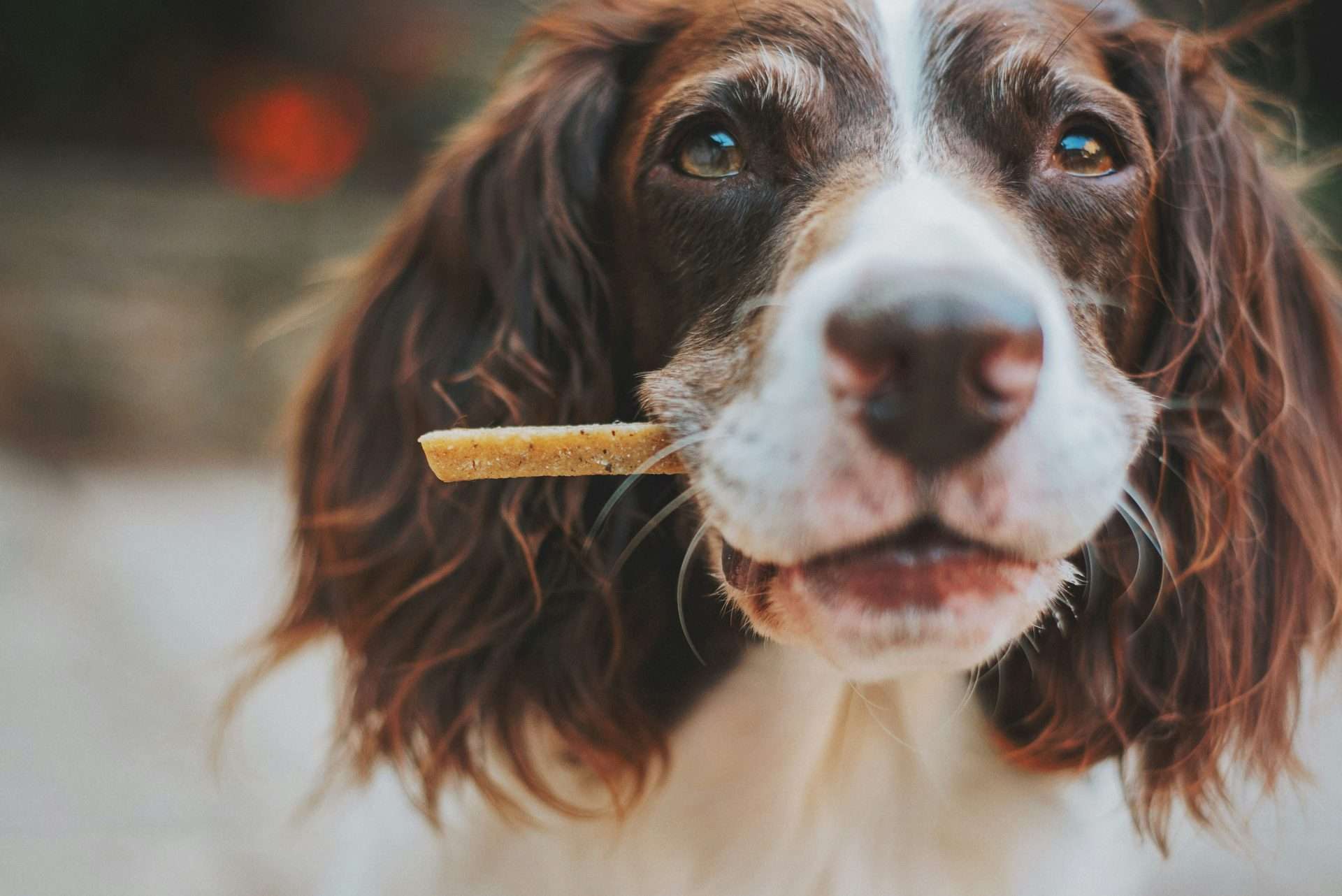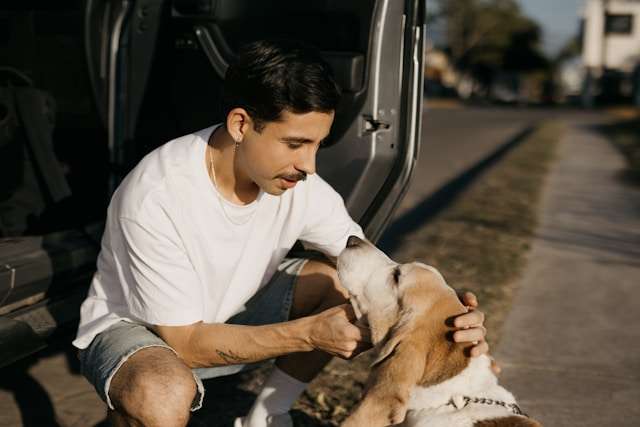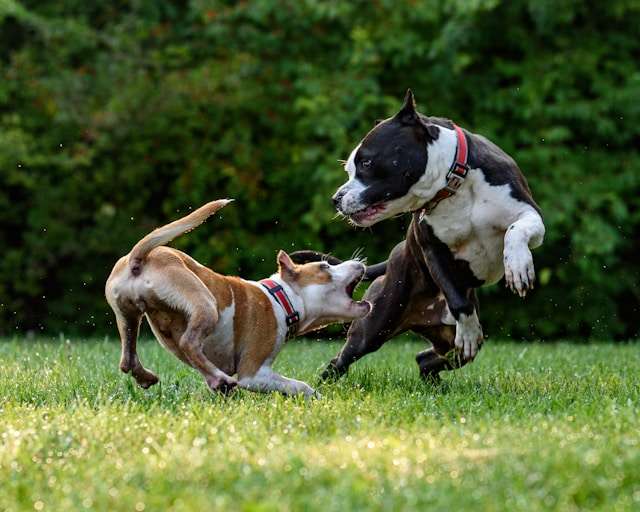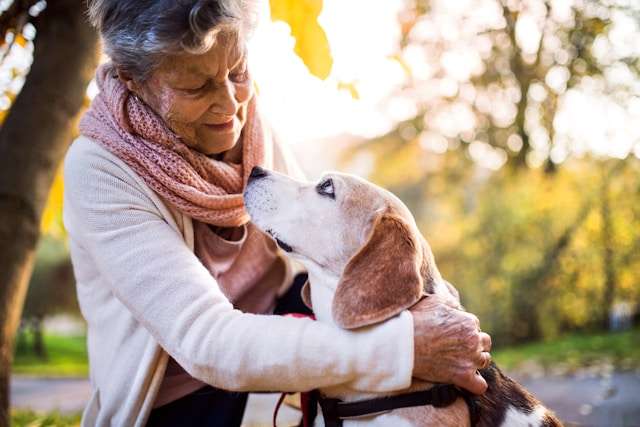Can Dogs Eat Steak Bones? Unveiling the Truth for Pet Owners

Can dogs eat steak bones? As more pet parents adopt raw diets for their dogs, many ask whether steak bones are safe. The answer is yes, as long as they do not splinter easily.
Cooked bones shatter quickly when eaten by dogs. If swallowed whole, they can cause dental injuries, choking, or blockages. However, raw bones tend to be more flexible and less likely to break. [1] Please read our report, Can Dogs Eat Bones, for more information.
Table of Contents
Can Dogs Eat Steak Bones?
What Are The Risks Associated With Steak Bones?
Bones can damage a dog’s teeth more than they think, especially if their enamel is already fragile. Also, bones can strain their digestive systems, causing blockages.
These blockages require surgery and are especially dangerous for animals with IBS or diarrhea. It’s always wise to consult your veterinarian before feeding your pup steak bones.
Cooked bones are dangerous for dogs. Their fragility makes it easy for dogs to break into smaller pieces and splinter, creating a significant choking hazard. Also, swallowed bones could get stuck in dogs’ throats or intestines, causing severe injury and illness.
Bones may contain harmful bacteria, such as salmonella and campylobacter. These germs can cause vomiting and diarrhea in dogs. They can also infect humans. It will happen if you handle the bones or they come into contact with contaminated saliva.
People who feed their dog’s raw bones believe they help them stay healthy. They think the bones mimic the natural diet of wild ancestors.
Yet pet dogs are very different from their wild relatives. Offer restricted bone quantities and monitor the outcome meticulously. Raw bones should never be part of a regular meal plan. [2]
Do Steak Bones Have Benefits?
Yes! Bones can give dogs a fun chew and help ease boredom, anxiety, and stress. They also keep their teeth clean! But it’s important to remember that raw and cooked bones may splinter if eaten. This could cause injury or even death for the pet.
Also, bones can strain teeth and gums if chewed often. So, if signs of disease or brittleness arise, don’t give any bone treatment.
Poultry bones are fragile and break apart readily. The pieces can get stuck in the throat or esophagus of small breed dogs, which could be dangerous and require emergency surgery to remove them.
Small bones break easily in cold or when subjected to intense exertion. Small dogs are especially vulnerable, as their bones are prone to shattering. The pieces can stick to tissue when chewed and swallowed, leading to blockages in the digestive system that can require emergency surgery.
Dog owners switch to raw food diets that mirror natural consumption. This diet is based on a theory: Their dog’s wolf ancestors ate bones, hooves, antlers, and scraps from kills. Unfortunately, feeding this way has risks.
Bones could contain salmonella or other harmful bacteria, harming both pets and humans. They can cause blockages in the intestines and puncture organs. [3] for more information about feeding your dog bones, please read our report: Can Dogs Eat Bones? This Report Exposes Risks And Dangers!
Supervision is Key
If you give your dog a steak bone, monitor how they chew it closely. This is crucial when the bone is cooked. If swallowed, it could splinter and harm the pup. Even raw bones could pose risks.
They contain dangerous bacteria, like salmonella or campylobacter, which could make humans and pups sick if handled or eaten.
Cooked bones are bad for teeth, so only give them to healthy pups with good dental hygiene and a clean bill of health from their vet. Raw bones may be delicate if they come from an appropriate source and are appropriately sized.
When your pup accidentally swallows a bone, you must act quickly. First, contact your vet as soon as possible. They may take X-rays to measure its size and see if it’s causing blockages.
If so, they may need to use anesthetic to safely remove and check for damage. In severe cases, surgery may be required.
Never try to make your pup vomit the bone. It could puncture and splinter on the way back up, causing more complications later! Don’t try making your pet vomit. It can splinter and puncture their intestines on the way back up, causing internal injuries.
Keep It Out of Reach
If your dog swallows a bone, it could block or puncture its intestines or lungs, causing other serious health problems. Abscesses could also form at tooth roots.
If any of these symptoms arise, seek medical help right away. Otherwise, your vet may sedate or anesthetize the animal. They will do this to extract the bone and check for damage to treat it safely.
Cooked bones tend to splinter, making them less safe than raw ones. Raw bones contain Salmonella and Campylobacter bacteria, which can make dogs vomit or have diarrhea. Dogs can also transfer contamination to human surfaces by handling or touching contaminated food.
Your dog would benefit most from receiving large marrow bones. They could also have smaller, rounder bones to chew safely. When picking treats, give them long steak bones, like porterhouse bones.
They can break into sharp edges, harming the dog or anyone nearby. Regularly inspect all bones for splintering or sharp points.
These might hurt their mouths or organs when chewed. Bones break down quickly once left uneaten. If left too long in storage, they can cause choking or blockages. Take these precautions when choosing treats for your pet from any dog!
While the image of a dog contentedly gnawing on a bone is iconic, steak bones can be dangerous for your pet. Always prioritize your dog’s safety and health by choosing appropriate chew items. Consult your veterinarian if you have concerns about your dog’s diet or chew toys.
For more canine nutrition and health information, visit K9 NutriPicks Nutrition Tips and check out our food reviews, which offer recommendations tailored to different breeds and health needs.
Can Dogs Eat Raw Chicken? See our latest research.
Can Dogs Eat Raw Chicken? Understanding the Benefits and Risks
What Are The Risks Associated With Steak Bones?
Bones can damage a dog’s teeth more than they think, especially if their enamel is already fragile. Also, bones can strain their digestive systems, causing blockages.
These blockages require surgery and are especially dangerous for animals with IBS or diarrhea. It’s always wise to consult your veterinarian before feeding your pup steak bones.
Do Steak Bones Have Benefits?
Yes! Bones can give dogs a fun chew and help ease boredom, anxiety, and stress. They also keep their teeth clean! But it’s important to remember that raw and cooked bones may splinter if eaten. This could cause injury or even death for the pet.







